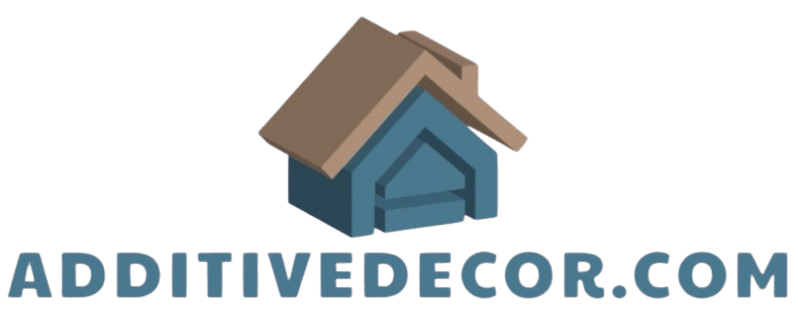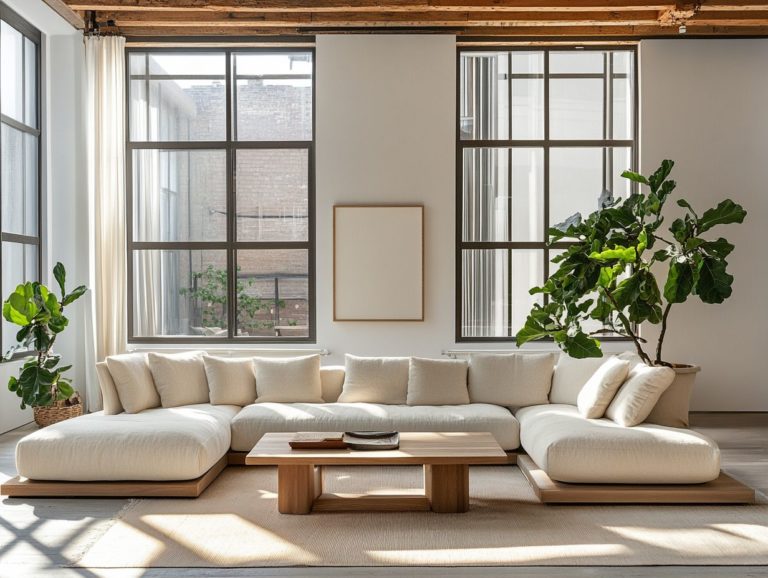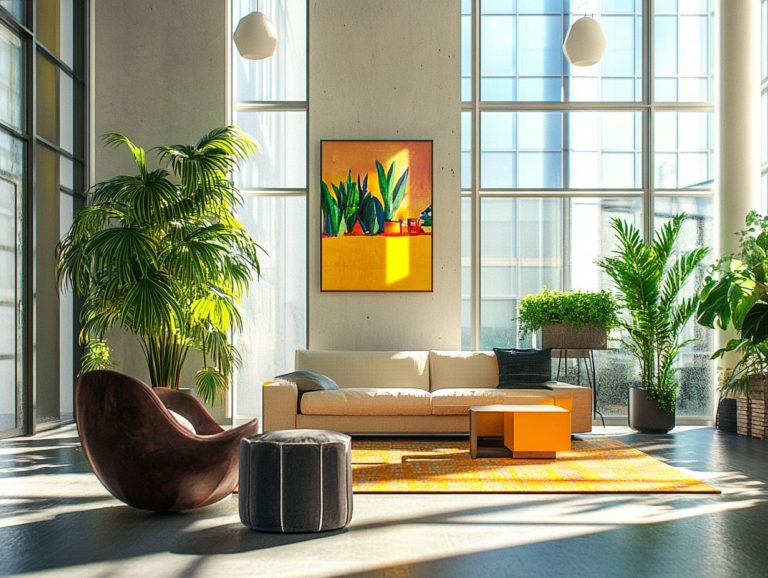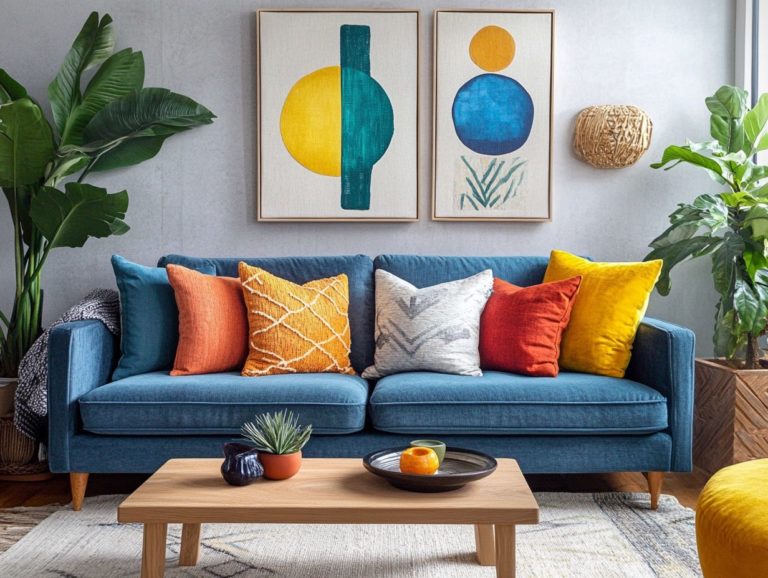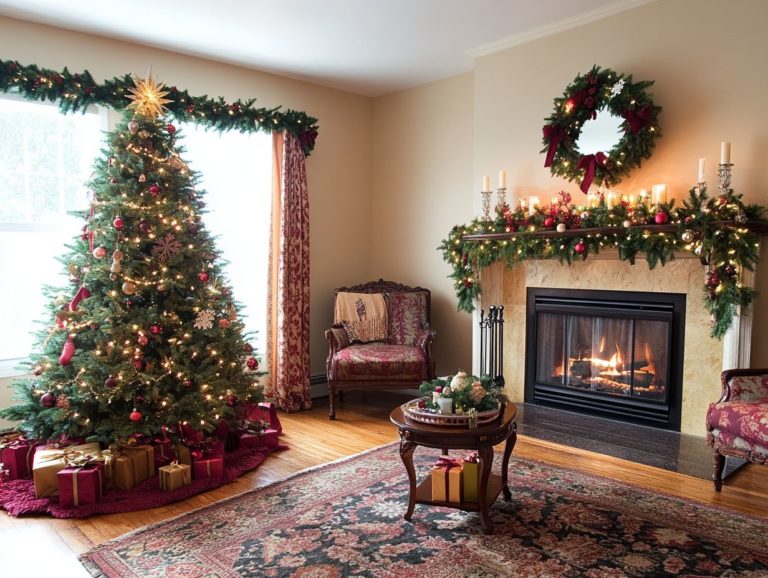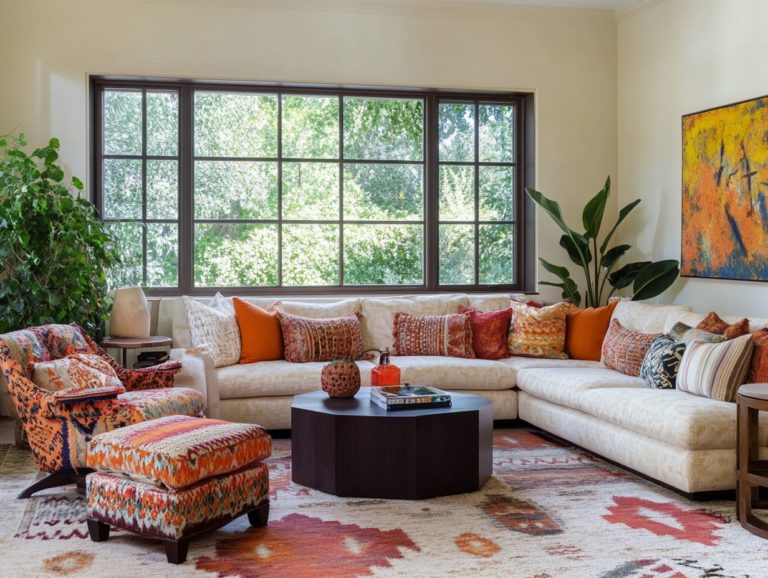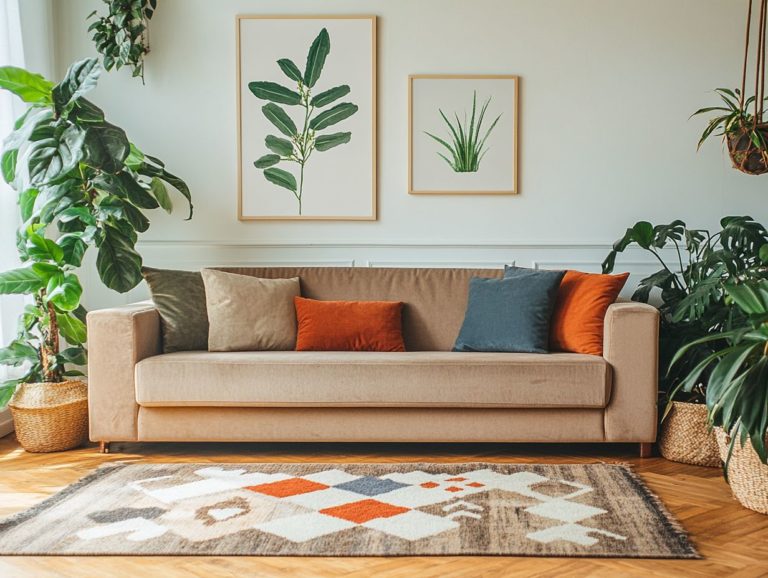The Impact of Customizable Designs on Home Value
In today s dynamic real estate market, customizable designs have transcended mere trend status; they hold the power to significantly enhance the value of your home.
This article delves into the intricate relationship between customizable features and property value, illuminating how thoughtful design choices can elevate your home s appeal. You ll discover insights into potential drawbacks, essential factors to consider, and effective strategies to maximize your home s worth through customization.
Whether you re a homeowner or an investor, grasping these nuances is crucial for making informed decisions that can impact your investment.
Contents
- Key Takeaways:
- Defining Customizable Designs
- The Relationship Between Customizable Designs and Home Value
- Factors to Consider When Choosing Customizable Designs
- Maximizing the Impact of Customizable Designs on Home Value
- Frequently Asked Questions
- What is the impact of customizable designs on home value?
- What types of customizable designs can increase home value?
- How does the location of a home affect the impact of customizable designs on its value?
- Are there any drawbacks to customizable designs in terms of home value?
- Can customizable designs also decrease home value?
- What should I consider before investing in customizable designs for my home?
Key Takeaways:
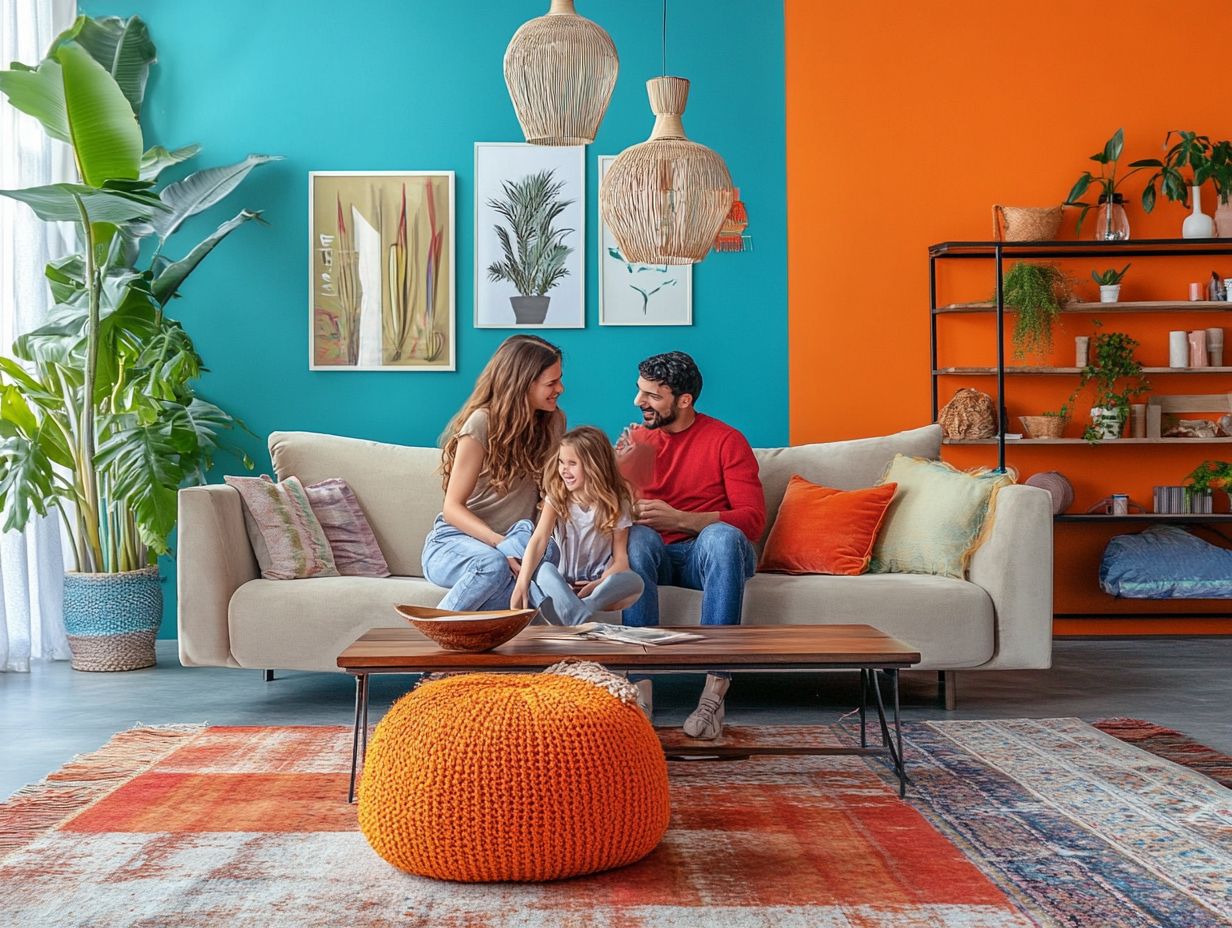
- Customizable designs can significantly impact home value.
- Consider personal preferences and market trends when choosing designs.
- Incorporate timeless, high-quality elements for better value.
Defining Customizable Designs
Customizable designs in home building let you express your unique personality while seamlessly integrating functional design elements, aesthetic allure, and high-quality materials. These designs enable you to personalize your living spaces, allowing your preferences and emotional connections to shine through.
Your home becomes more than just a place to live; it transforms into an expression of your identity. As market trends evolve, so do the design choices available to you, highlighting the necessity of incorporating energy-efficient windows and materials that are good for the environment into the design process.
The Relationship Between Customizable Designs and Home Value
The connection between customizable designs and home value is intricate, significantly impacting the resale value of properties in the real estate market and shaping the investment choices of homeowners and custom builders alike.
By embracing tailored designs, you can enhance the marketability of your home, making it more attractive to potential buyers who increasingly seek personalization and unique features.
Quality craftsmanship in these designs not only boosts aesthetic appeal but also elevates your property’s valuation in a competitive market.
How Customizable Designs Can Increase Home Value
Customizable designs can significantly boost your home’s value by incorporating features that truly resonate with buyers. Think flexible layouts, sustainable design, and innovative interior configurations that adapt to evolving lifestyles. For more insights, explore understanding customizable designs in today’s market. These elements do more than just appeal emotionally; they enhance the overall functionality of your living space, making it far more attractive in a competitive real estate market.
Features like home offices and open floor plans cater to changing preferences, creating a home that prospective buyers are eager to own.
Integrating energy-efficient appliances can elevate your property’s worth even further, drawing in eco-conscious buyers who are keen on reducing their carbon footprint. Modern architectural styles that emphasize sleek lines and open spaces add an air of sophistication, setting your home apart from the rest.
Personalization options, such as unique color schemes and tailored landscaping, allow you to craft a space that feels distinctly yours. This individuality can be a major draw for potential buyers willing to pay a premium.
By combining these innovative elements, you can enhance your home s visual charm and functionality, leading to a significant increase in market value.
Don’t miss out on the opportunity to design your dream home today!
Potential Drawbacks of Customizable Designs on Home Value
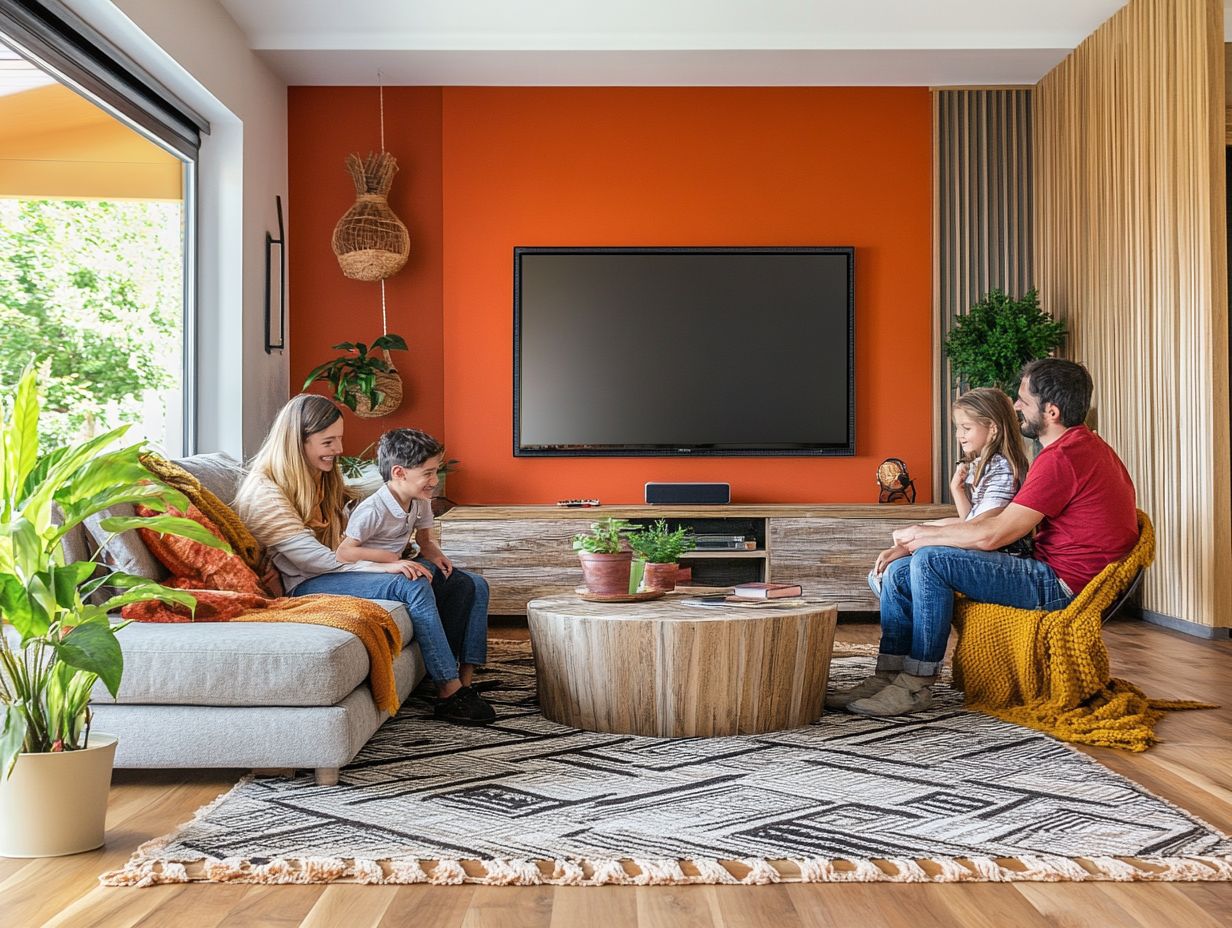
Customizable designs offer many advantages. However, they can also have drawbacks that may lower your resale value, especially if those choices don t align with current market trends.
Your emotional connections to unique features might not resonate with a wider audience. This can lead to challenges when it comes time to sell your property.
If you sacrifice quality craftsmanship for customization, you risk decreasing your home s value. It s vital to strike a good balance between personalization and marketability.
Over-personalization can easily alienate prospective buyers. They may struggle to envision their own style within your tailored space.
Design choices that are popular today could be seen as dated by the time you decide to sell. Therefore, considering the timelessness of your selections is essential.
In a world that values flexibility and adaptability, be mindful of how your customized features may impact broader appeal down the line.
Focus on balancing your style with market needs to boost your home s value!
Factors to Consider When Choosing Customizable Designs
When selecting customizable designs, weigh several factors that will shape your decision-making process. Think about your personal preferences, current market trends, and the emotional resonance of specific design choices.
Understanding the shifting tastes in the real estate landscape will help. The significance of high-quality and sustainable materials will also ensure your customization shines and enhances long-term property value.
Also, think about possible renovation decisions and how these choices will influence your living space for years to come.
Personal Preferences and Market Trends
Your personal preferences play a crucial role in customizable designs. They should reflect your unique tastes and lifestyle while aligning with current market trends that shape homebuyers’ decisions.
By understanding these preferences, designers and builders can create spaces that meet your needs and enhance the emotional appeal of your home. This ultimately boosts its marketability.
Striking a balance between your individual style and broader trends is key to maximizing the value of your custom home.
To achieve this harmony, designers dive into research on emerging styles and buyer demographics. This ensures their designs are distinctive yet relatable.
This method allows for personalized touches like your favorite color palettes or unique layouts while still embracing popular features like open-concept layouts or eco-friendly materials.
As a result, the final design caters to your distinct tastes and attracts potential buyers, creating a space that is both personal and profitable.
By fostering this perfect mix of individuality and market relevance, custom designs can truly stand out in an ever-evolving marketplace.
Maximizing the Impact of Customizable Designs on Home Value
To maximize the impact of customizable designs on your home s value, implement effective strategies that prioritize custom features, quality craftsmanship, and energy-efficient systems.
These elements elevate your home s aesthetic appeal and enhance its functionality. This makes it more attractive to prospective buyers.
By concentrating on these aspects, you can ensure that your investment decisions translate into significant returns when it s time to assess your property s value in the real estate market.
Strategies for Increasing Home Value with Customizable Designs
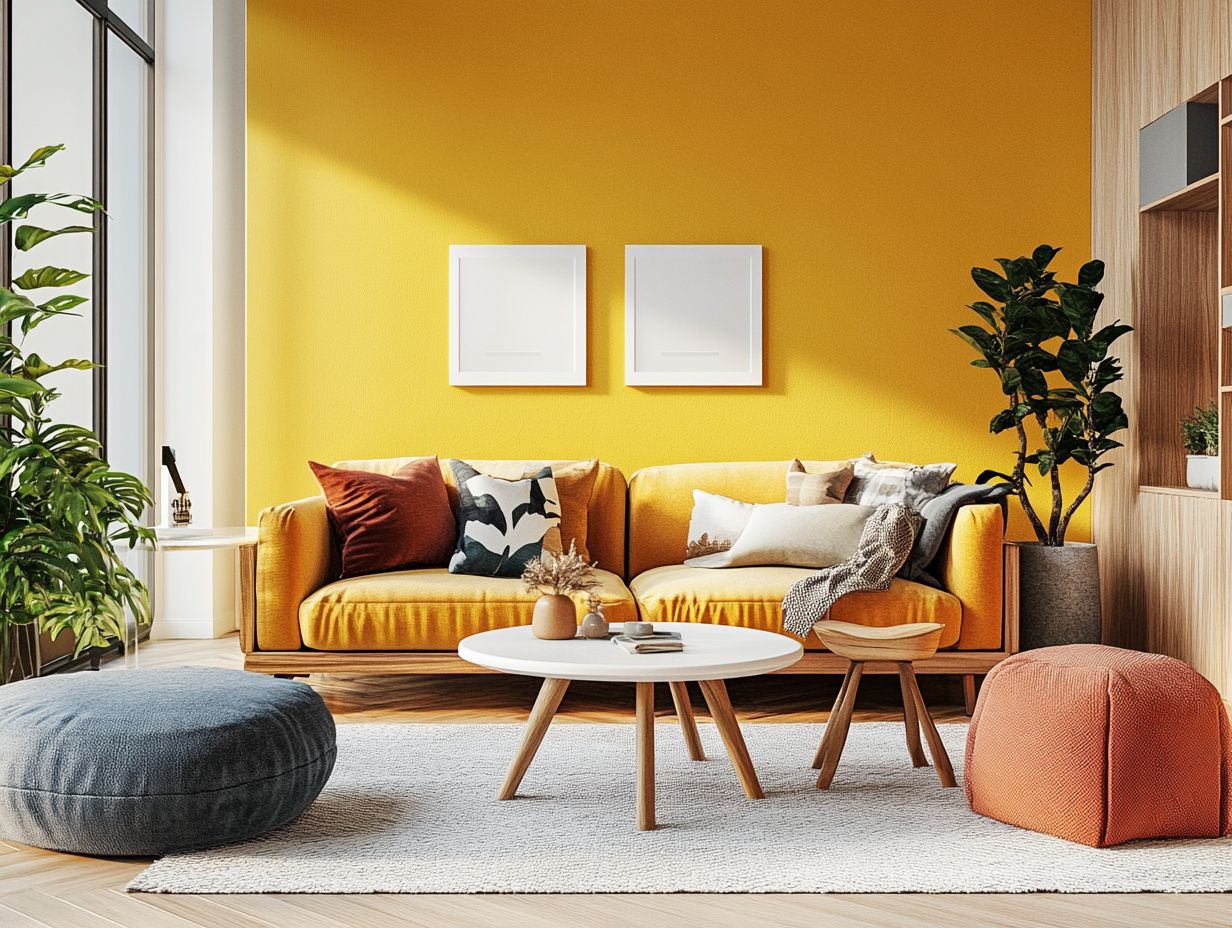
Boost your home s value with customizable designs. Select high-quality features and exceptional craftsmanship that enhance features that buyers like, such as flexible layouts and energy-saving features that help lower utility bills.
Use innovative interior design elements and sustainable choices. This will help your home stand out in the competitive real estate market.
For example, customizing your kitchen with high-end appliances or open shelving can attract culinary enthusiasts. Incorporating smart home technology adds the convenience many buyers seek.
Installing energy-efficient windows and insulation not only cuts down on utility costs but also appeals to eco-conscious buyers.
Versatile living spaces, such as finished basements or multifunctional rooms, cater to various lifestyles. This makes your home more attractive.
By merging beauty with smart design, your property will truly shine, enhancing its overall market value.
Frequently Asked Questions
What is the impact of customizable designs on home value?
Customizable designs can greatly impact a home’s value by allowing individualization and personalization, making it more desirable to potential buyers. Understanding why invest in customizable designs for your home can help homeowners make informed decisions.
What types of customizable designs can increase home value?
Upgraded kitchens, efficient bathrooms, and smart home gadgets can boost your home’s value significantly!
How does the location of a home affect the impact of customizable designs on its value?
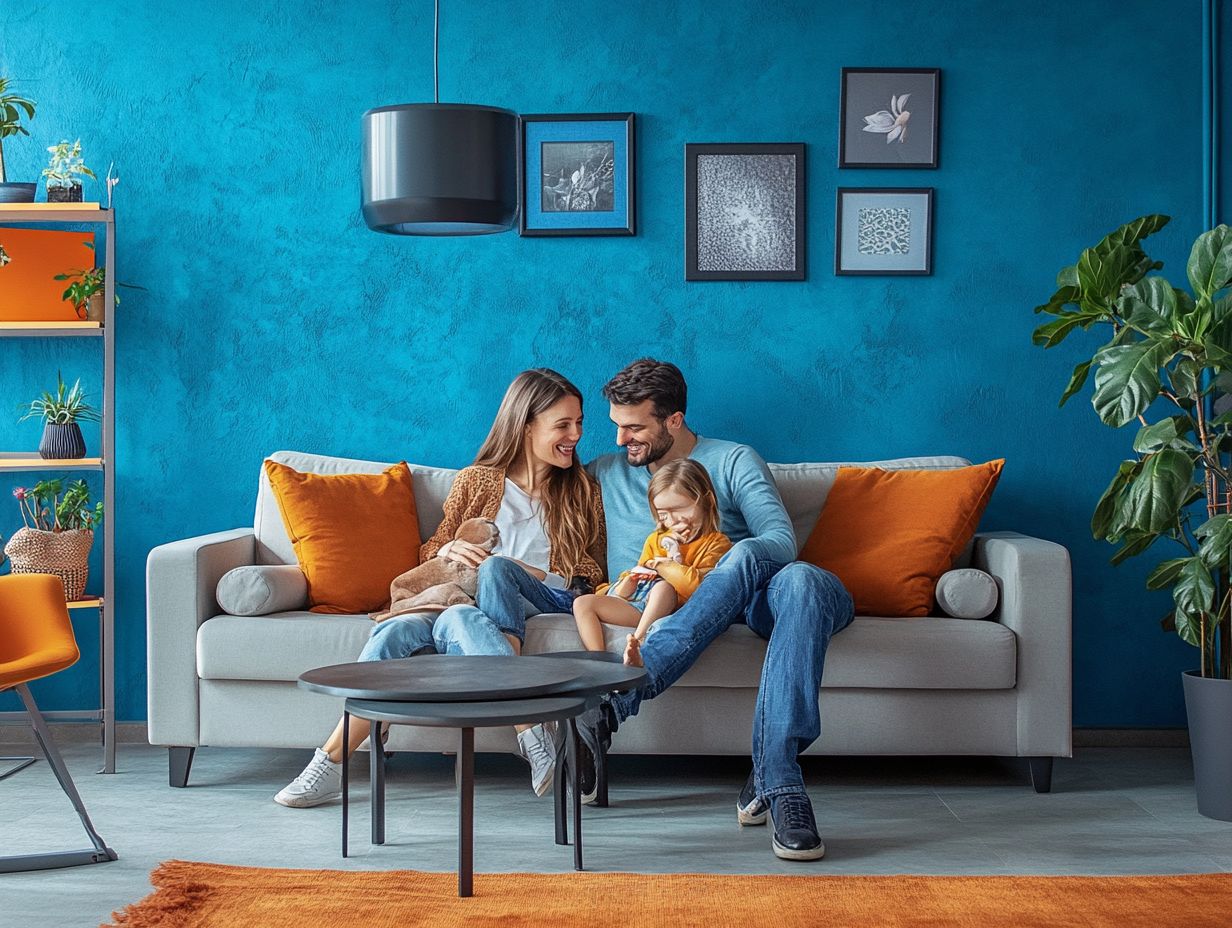
The location of a home plays a role in the impact of customizable designs on its value. In high-demand areas, these designs may significantly increase home value compared to less desirable locations.
Are there any drawbacks to customizable designs in terms of home value?
While customizable designs can increase home value, consider the cost of upgrades and whether they align with the overall value of the home and its location, as highlighted in the joy of customizable designs in home decor.
Can customizable designs also decrease home value?
In some cases, overly unique customizable designs that don t align with current trends can decrease a home’s value. It’s essential to consider future buyers’ preferences when making customizations.
What should I consider before investing in customizable designs for my home?
Before making major upgrades or customizations, review current market trends, the location and value of your home, and the potential return on investment for these additions.
